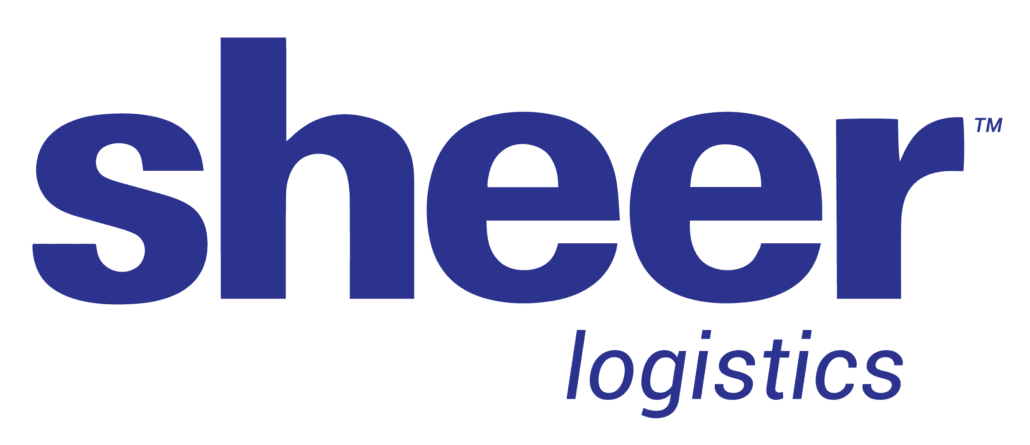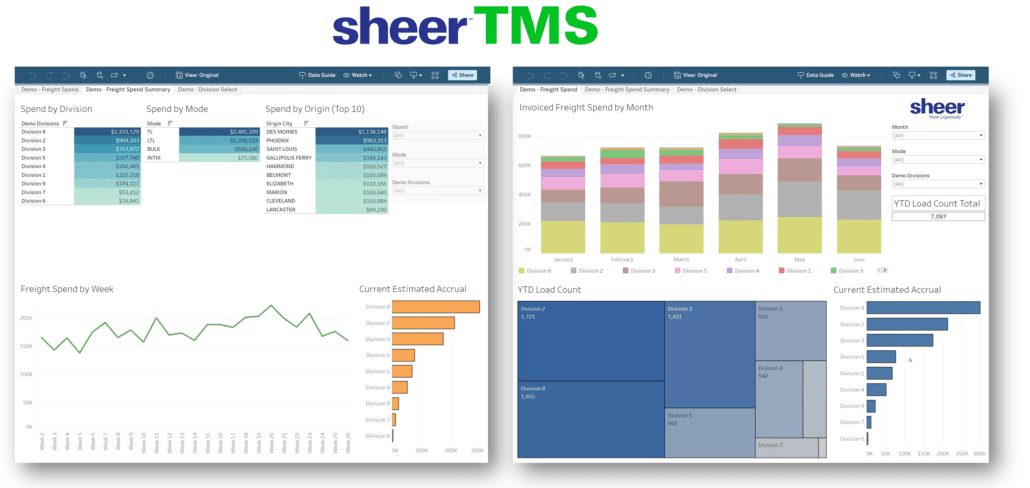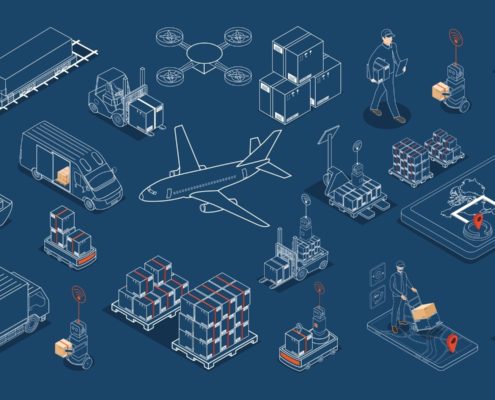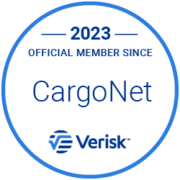● Better flexibility and technology — As your business scales, so must your freight management, and a logistics provider has the flexibility to seamlessly increase capacity without any additional capital investment. They also give you access to years of industry knowledge and the latest TMS and integration technology.
● Time to focus on other parts of the business – Resources and time that would have been spent on logistics and shipping can be allocated elsewhere, like establishing winning new customers and deepening existing customer relationships.
● Reduced costs – The ROI from outsourcing freight management comes from leveraging the provider’s expertise in optimizing transportation planning, sourcing carriers, negotiating better rates, avoiding the cost of building and maintaining an internal logistics team, technology cost-saving, and reducing costs per shipment through consolidation.
● Improved customer service — All it takes is one late or incorrect shipment to permanently damage customer goodwill. Repeated mistakes and preventable errors mean customers will look elsewhere despite superior quality or advantageous pricing.
● Visibility – Leveraging a modern, fully-integrated TMS creates unprecedented visibility to data across disparate systems, locations, and business units, arming you with the insights you need to make timely and informed business decisions.
● Transparency – TMS systems allow you to track shipments in real-time, providing up-to-the-minute updates on the status of shipments in transit that you can help you keep customers apprised of delivery times.
